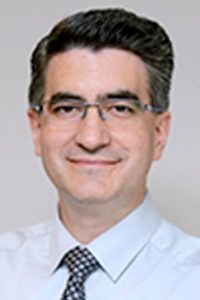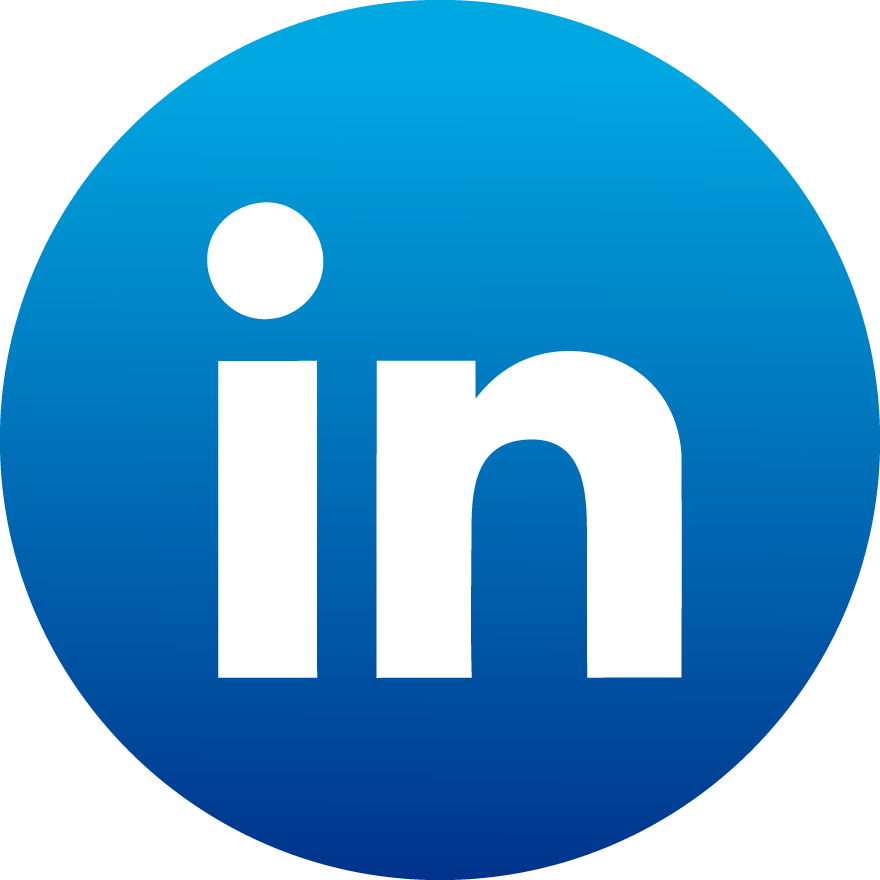
Cancer deeply affected my personal life when my 9-year-old sister was diagnosed with leukemia. Her 2 year-long, ultimately successful battle to overcome the disease was imprinted on my mind and my soul. I recently lost my beloved mother to ovarian cancer. Although we have made indisputable advances in overall 5-year cancer survival rates (with an increase from 50% in the 1970s to almost 70% in 2013)1, cancer continues to destroy too many lives. The cancer epidemic is growing globally, with new cases expected to increase from 19.3 million in 2020 to 28.4 million in 2040.2
Improving the lives of those affected by cancer is my true north. I have done so as a physician–scientist in academia for almost 20 years, moving from attending physician to full professor, to department chair, and finally to director general of the largest cancer center in Europe. This has proven very fulfilling.
So why have I moved from academia to industry? Three main drivers are behind this decision: making science actionable, increasing the magnitude of the impact of science, and leveraging a historic moment at the intersection of science, technology, and reverse translation.
Industry is all about translating scientific discoveries into concrete, actionable realities, such as new diagnostic tools, new therapeutic modalities, or innovative medicines. Industry is uniquely positioned to execute and operationalize global drug development and delivery—taking a molecule from discovery to a therapeutic treatment that can be made available worldwide. Industry makes it possible to impact the lives of thousands or hundreds of thousands of patients with a single new molecular entity. In addition, we are now in a unique moment in medical history. This is a moment when scientific advancements, technologic breakthroughs, and patient-identification strategies have come together to allow undruggable targets to become druggable. This intersection provides a unique window of time to change the way cancer is treated with systemic approaches.
When reflecting on the industry and academic settings, I would say that the industry is a world where goals are well defined, and execution is a condition of survival. A world where goals are tied to clear and substantial financial imperatives. Soft skills, including leadership abilities and self-awareness, are essential for success. Executive coaching can help hone such skills.
Industry is also a world in which patient benefit can be achieved alongside value creation for shareholders. I do miss seeing patients and training young physicians, but I have a deep foundation in science, and I profoundly enjoy my focus on drug development.
On a final note, let me highlight the growing number of prominent lung cancer physicians who have moved to industry. This list includes, but is not limited to: Drs. William Pao, Jeff Engelman, Alice Shaw, Naiyer Rizvi, Josh Bauml, Dave Raben, Matthew Hellmann, Leora Horn, and Vali Papadimitrakopoulou.
This observation clearly indicates that this career path is increasingly appealing and is now more frequently traveled, with some key players having walked in both directions on this road (Drs. Tom Lynch and Leena Ghandi, as well as myself). My take-home message is that there is indisputable value in both the world of industry and the world of academia. Both are needed to achieve optimal development of new, innovative therapies that provide meaningful benefits to patients.
References
- 1. Sung H, Ferlay J, Siegel RL, et al. Global Cancer Statistics 2020: GLOBOCAN Estimates of Incidence and Mortality Worldwide for 36 Cancers in 185 Countries. Ca Cancer J Clin. 2021;71:209–249.
- 2. Our World in Data. Roser M and Ritchie H. Cancer. Updated November 2019. Accessed January 25, 2022.










